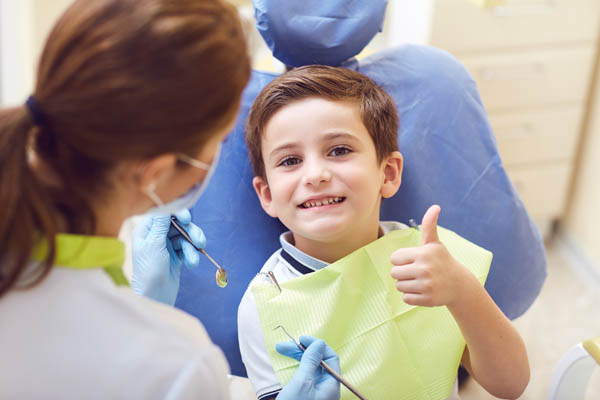How to Avoid Needing to See an Emergency Dentist

Stressed out by debilitating tooth pain? Or maybe an accident affected your teeth and mouth? In this case, consider emergency dental care. Today, most dentists provide this service. Early intervention can help dismiss the pain and prevent complications.
What constitutes a dental emergency? Are there any indicators and symptoms to watch for other than pain?
Let's see what dental emergencies are and how to stop them!
Without question, some dental issues require immediate attention. Since many dentists set aside time for emergencies, it should be easy to obtain treatment when needed. However, not every toothache is an emergency.
Severe injuries to the gums, teeth or face, grave infections or abscesses and loss of a filling or crown are considered dental emergencies. This group also includes:
- Lingering pain or bleeding that arises soon after dental therapy
- Wounds to the tongue, cheeks or lips
- Severe tooth pain brought on by accidents
- Tooth fractures
- Loss of a tooth
- Cracked or chipped teeth
- Facial discomfort
- Lost crowns
For instance, biting on a piece of food that is too firm may result in broken, cracked or knocked out teeth. Sports injuries, car accidents and falls are familiar culprits behind tooth loss. If any of these problems occur, contact a dentist immediately.
In the meantime, there are a few things that can lessen the damage and avoid complications. Let's say the tooth breaks or becomes loose. Leave the tooth inside the mouth until a dentist can examine it.
In the case of a knocked-out tooth, pick it up by the crown without handling its root. Rinse it carefully and position it back into its socket. If this isn't achievable, place it in a container. The dentist may be able to reinsert it and preserve its function.
If one or more teeth happen to become loose due to an injury or auto crash, try to place the teeth back into their original position. Apply a little pressure with the fingers. Visit the dentist on the same day.
Simple ways to prevent dental emergencies
Most dental emergencies are prevented with good hygiene. Simple things, such as brushing and flossing the teeth after every meal, will help keep the mouth healthy. If engaged in contact sports, wear a mouth guard to shield the teeth. Stay away from hard candy, popcorn kernels and other foods that may crack a tooth.
Don't use your teeth to open a bottle, break objects or cut items. Reduce sugar between meals. Purchase a new toothbrush every three months or so, and use mouthwash daily. Preferably, use toothpaste that contains fluoride. Chew sugar-free gum to clean teeth between meals.
If a tooth aches, do not take prescription drugs without consulting a dentist first. Certain medications can worsen symptoms and cause further complications.
Book an appointment with the dentist at least twice a year. Regular checkups can help spot any potential issues that affect tooth health.
Don't wait until a dental emergency to contact your dentist. Remember that prevention is better than treatment.
Request an appointment here: https://familydentistli.com or call Joel Heller DMD at (516) 764-6339 for an appointment in our Rockville Centre office.
Recent Posts
There is a lot of news regarding emergency dentistry and the Coronavirus COVID-19 disease these days. As the coronavirus continues to infect people around the globe, your dentist is concerned about your well-being. Most offices are not doing elective, non-emergency procedures right now. However, you can still make an appointment for urgent needs. If you…
What if out of the blue, you start experiencing toothache, say in the middle of the night, and your dentist is miles away, what do you do to relieve the ache? To get momentary relief, some of these remedies are worth trying.If a toothache comes with inflammation, you can place a cold compress against your…
Minimally invasive dentistry is a great way to conserve the structural integrity of your teeth by preventing tooth decay and treating concerns in a minimally invasive manner. Anyone who is concerned that dental work is too invasive, expensive or requires long recovery times should consider how minimally invasive dentistry can benefit them. By learning more about…
Wondering if a general dentist in Rockville Centre can offer tips for treating a toothache? General dentists are a great resource to utilize when looking for ways to remedy any type of pain in the oral cavity. When looking for more information on treating pain, it can also be helpful to know what causes toothaches…


